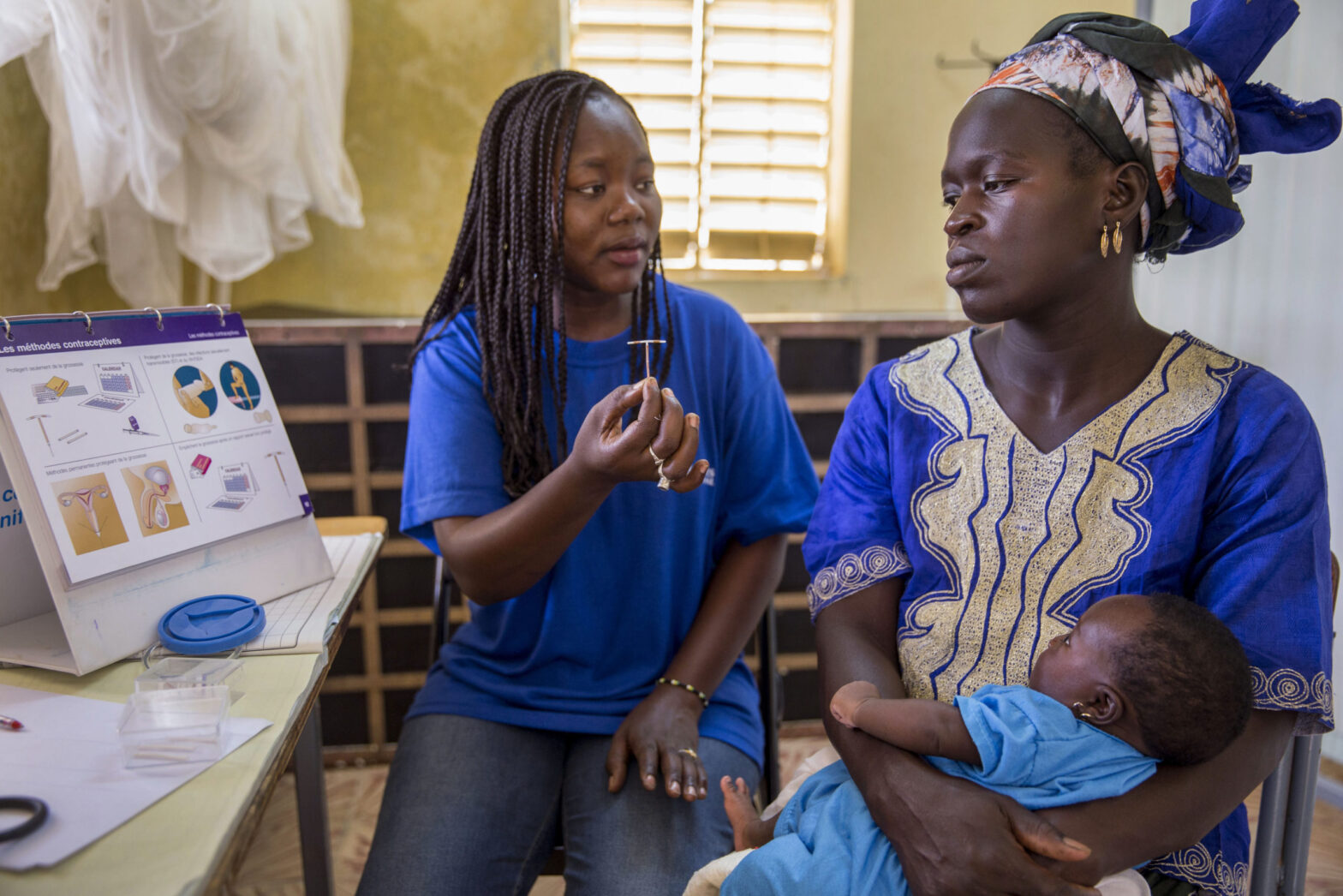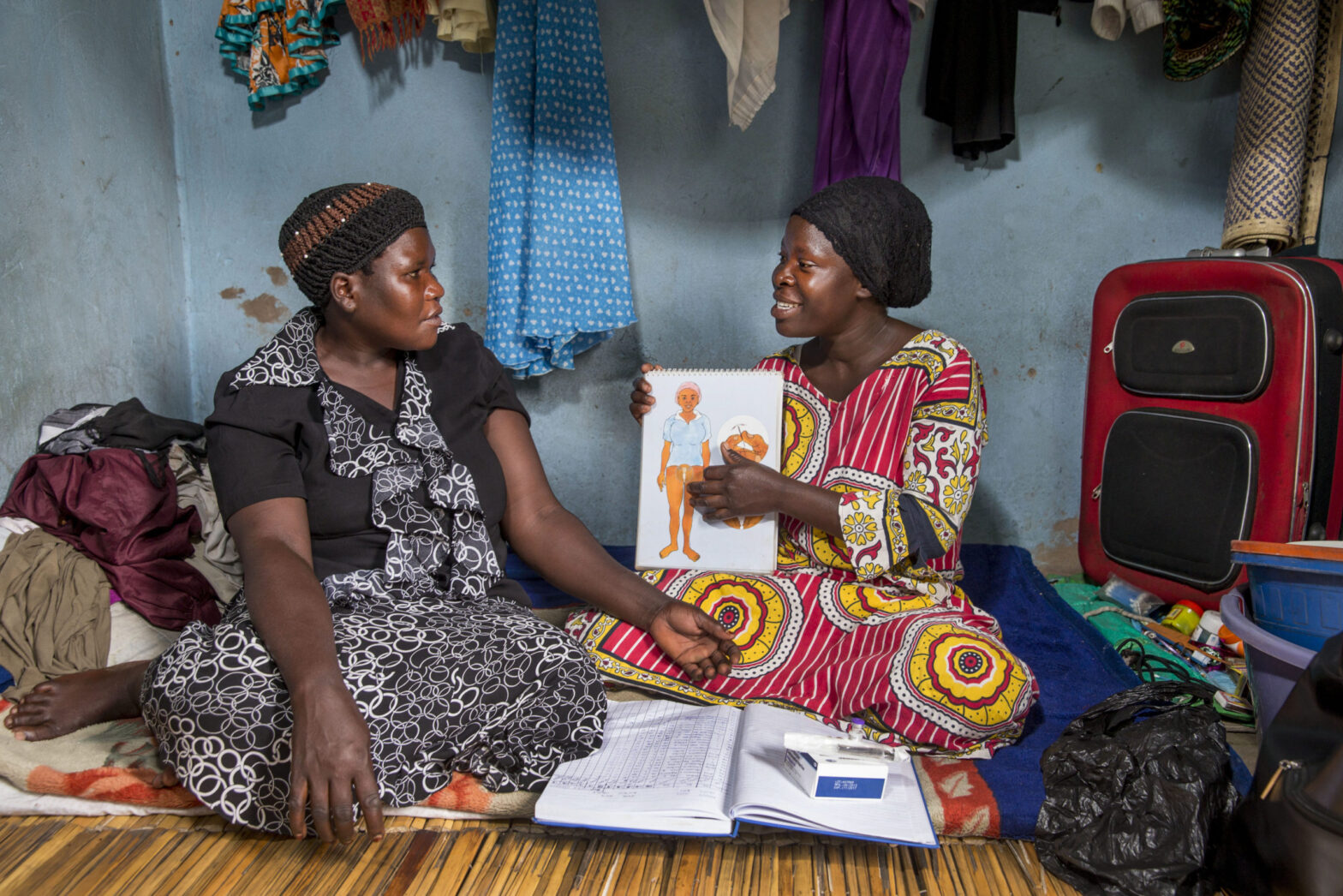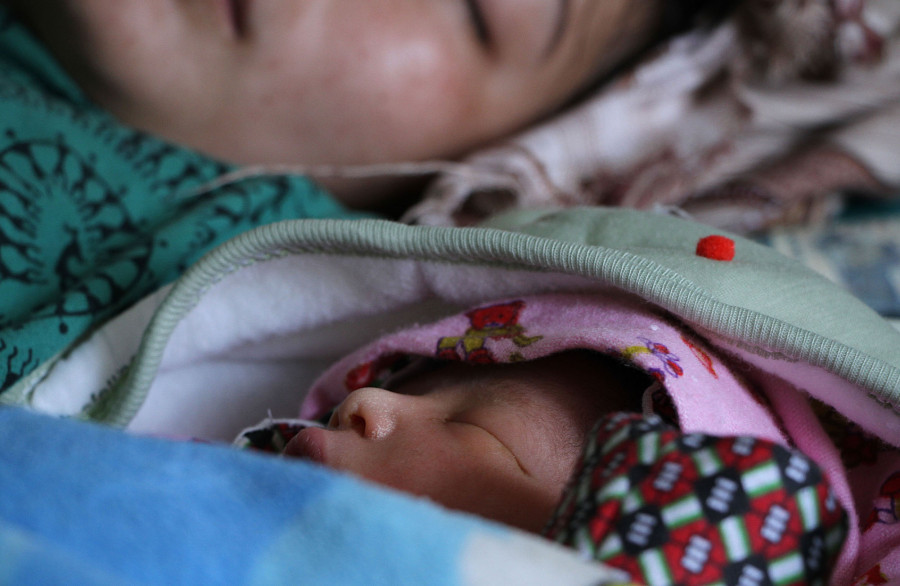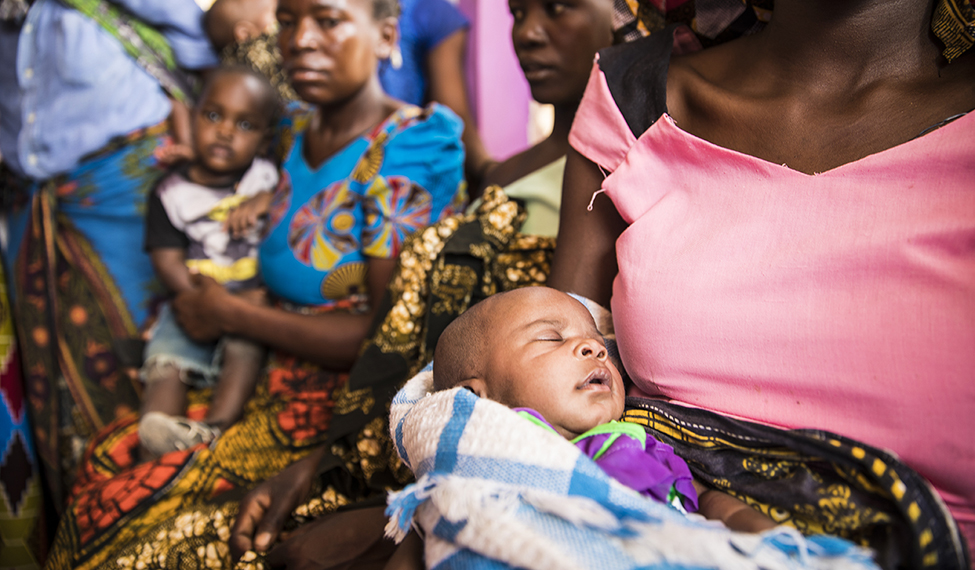COVID-19 is already causing disruptions in family planning services. UNFPA estimates that 47 million women may lose access to modern contraception if the situation continues for 6 months and could lead to nearly 7 million unintended pregnancies.
Category: In the News
Reaching First-Time Parents in the TCIHC-Supported Youth-Friendly Cities of Uttar Pradesh
The Challenge Initiative for Healthy Cities (TCIHC) in India worked strategically through its adolescent and youth sexual and reproductive health (AYSRH) program to reach first-time parents with informed-choice counseling and modern contraceptive services over a six-month period ending June 2019 in five cities in Uttar Pradesh (Allahabad, Firozabad, Gorakhpur, Saharanpur and Varanasi).
Practice family planning amid ECQ, couples urged
Following the warning of the United Nations Population Fund that the lockdowns may result in seven million unwanted pregnancies worldwide, the Department of Health (DOH) yesterday reminded couples to practice family planning during the enhanced community quarantine.
Covid-19; MFCS team holds reach out event at Bawku west district
A team from Muslim Family Counseling Services (MFCS) at Zebilla of Bawku West District have embarked on a public sensitization activity on some of the health precautions against the coronavirus infection.
RAHNUMA – FPAP Newsletter: Coronavirus Response
Rahnuma-FPAP along with other civil society actors is helping the state heath authorities to effectively combat this sudden surge of COVID 19 as such entities played an indispensable role in the frontlines to provide emergency relief to the worst-hit areas.
Fewer women are visiting health facilities for maternal services during lockdown
Family Welfare Division to start a hotline to provide suggestions for pregnant women
The devastating effects of COVID-19 on maternal health in Zimbabwe
Rutendo* was getting close to her due date when the government announced the 21-day lockdown to tackle COVID-19. She stays in a farming area, 35 kilometres from the nearest healthcare facility, and her chances of getting an ambulance in time for emergency care were always minimal. Rutendo’s older sister died five years ago from complications in pregnancy and her mother, not wanting to take any chances, sent Rutendo to the nearest district hospital to ‘sit and wait’ for a safe delivery before the lockdown came into effect on 30 March. Rutendo delivered a bouncing baby girl the very next day. In pain, she expected to stay at least two days under observation, but she was discharged after one night when the lockdown began.
New UNFPA projections predict calamitous impact on women’s health as COVID-19 pandemic continues
More than 47 million women could lose access to contraception, leading to 7 million unintended pregnancies in the coming months.
COVID-19 could lead to millions of unintended pregnancies, new UN-backed data reveals
Ongoing lockdowns and major disruptions to health services during the COVID-19 pandemic could result in seven million unintended pregnancies in the coming months, according to data released on Tuesday by the UN Population Fund (UNFPA) and partners.
GFF leaders warn of emerging secondary global health crisis from disruptions in primary health care due to COVID-19
As the COVID-19 pandemic escalates in low- and lower-middle income countries, global health and development leaders warned today of the growing risk of widespread disruptions in access to reproductive, maternal, newborn, child and adolescent health and nutrition services, and urged immediate steps to prevent a secondary global health crisis. A rapid survey of the 36 countries currently supported by the GFF found that nearly half are already reporting life-threatening service disruptions.









